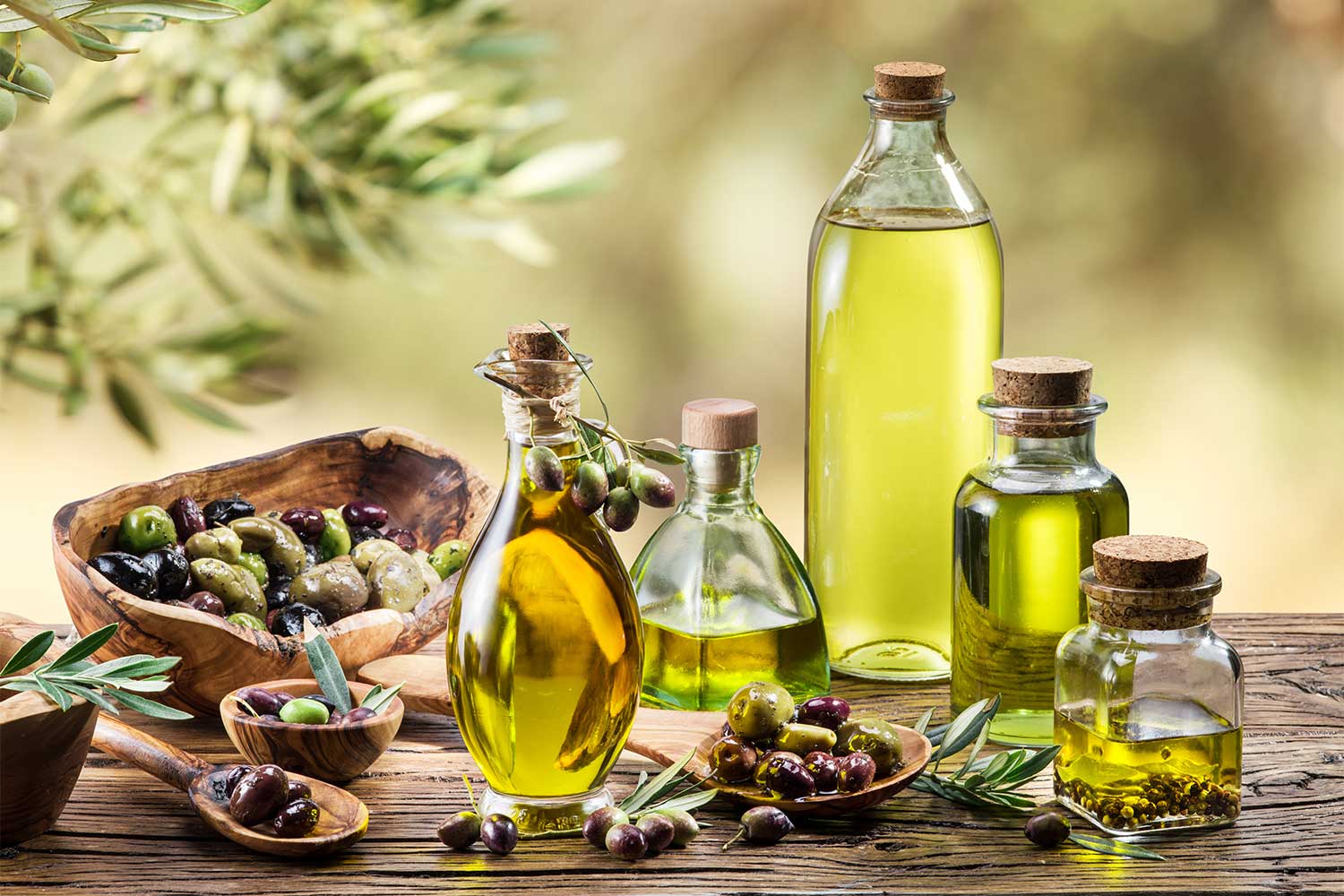For chefs, home cooks, and healthy eating enthusiasts, understanding the nutritional value of the ingredients you use is crucial. One common ingredient that frequently raises questions is olive oil. In this article, we'll delve deep into the question of how many calories in olive oil, exploring its nutritional profile, health benefits, and smart usage tips.

The Caloric Content of Olive Oil
Let's get straight to the point: how many calories are in olive oil? Generally, one tablespoon of olive oil contains approximately 120 calories. This makes it calorie-dense, but it's important to consider what these calories consist of and how they can contribute to a healthy diet.
According to Healthline, olive oil is rich in monounsaturated fats, which are considered healthy fats. These fats can help reduce bad cholesterol levels, thereby aiding in heart health. While the caloric content might be high, it's not something to avoid outright.
The Nutritional Breakdown
Besides calories, olive oil is also packed with essential nutrients. One tablespoon of olive oil typically contains:
- 14 grams of fat: Of which 11 grams are monounsaturated fats.
- 0 grams of protein
- 0 grams of carbohydrates
- 1.8 milligrams of Vitamin E (nearly 10% of the daily recommended intake)
- 8.1 micrograms of Vitamin K (7% of the daily recommended intake)

Why Olive Oil is a Healthy Choice
Despite its high caloric content, olive oil is considered a healthy fat. Its benefits include:
Rich in Antioxidants
Olive oil is loaded with powerful antioxidants such as oleocanthal and oleuropein, which can fight inflammation and protect your blood cholesterol from oxidation.
Promotes Heart Health
The monounsaturated fats in olive oil are linked to a reduced risk of heart disease. Studies have shown that Mediterranean diets (which are high in olive oil) are associated with improved heart function.
Supports Weight Management
When consumed in moderation as part of a balanced diet, olive oil can help with weight management. The healthy fats can help you feel fuller for longer, reducing the need for unhealthy snacking.

Smart Ways to Use Olive Oil in Your Diet
Understanding how to best incorporate olive oil into your diet can make a significant difference. Here are some pro tips:
Sauting and Stir-Frying
Olive oil is perfect for sauting vegetables, meat, or tofu. It adds a rich flavor while supplementing your meal with healthy fats.
Dressing and Drizzling
Use olive oil in your salad dressings or drizzle it over cooked dishes to enhance flavor without compromising your health goals.
Olive Oil in Baking
Believe it or not, olive oil can be used in baking as a healthier alternative to butter or margarine.
Frequently Asked Questions
1. Is olive oil heavy in calories?
Yes, olive oil is calorie-dense, but these calories come from healthy fats that can benefit your overall health when consumed in moderation.
2. How much olive oil should I consume daily?
Moderation is key. The American Heart Association recommends two to three tablespoons of olive oil per day as part of a balanced diet.
3. Can I cook with olive oil at high temperatures?
Extra virgin olive oil has a lower smoke point compared to other oils, but it is still suitable for most cooking methods, including sauting and baking.
As you can see, understanding how many calories in olive oil can better inform your choices in the kitchen, promoting a healthier, more balanced diet.
As an Amazon Associate, I earn from qualifying purchases.
For more insights on maintaining a clean and efficient kitchen, consider how to clean kitchen tiles






Leave a comment
This site is protected by hCaptcha and the hCaptcha Privacy Policy and Terms of Service apply.